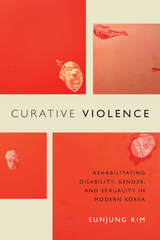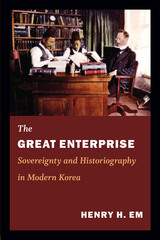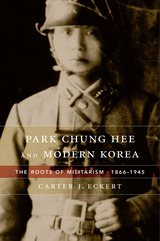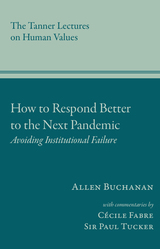
The social structure of contemporary Korea contains strong echoes of the hierarchical principles and patterns governing stratification in the Chosŏn dynasty (1392–1910): namely, birth and one’s position in the bureaucracy. At the beginning of Korea’s modern era, the bureaucracy continued to exert great influence, but developments undermined, instead of reinforced, aristocratic dominance. Furthermore, these changes elevated the secondary status groups of the Chosŏn dynasty, those who had belonged to hereditary, endogamous tiers of government and society between the aristocracy and the commoners: specialists in foreign languages, law, medicine, and accounting; the clerks who ran local administrative districts; the children and descendants of concubines; the local elites of the northern provinces; and military officials. These groups had languished in subordinate positions in both the bureaucratic and social hierarchies for hundreds of years under an ethos and organization that, based predominantly on family lineage, consigned them to a permanent place below the Chosŏn aristocracy.
As the author shows, the political disruptions of the late nineteenth and early twentieth centuries, however, rewarded talent instead of birth. In turn, these groups’ newfound standing as part of the governing elite allowed them to break into, and often dominate, the cultural, literary, and artistic spheres as well as politics, education, and business.


Surveying historical works written over the course of the twentieth century, Em elucidates the influence of Christian missionaries, as well as the role that Japan's colonial policy played in determining the narrative framework for defining Korea's national past. Em goes on to analyze postcolonial works in which South Korean historians promoted national narratives appropriate for South Korea's place in the U.S.-led Cold War system. Throughout, Em highlights equal sovereignty's creative and productive potential to generate oppositional subjectivities and vital political alternatives.

For South Koreans, the twenty years from the early 1960s to late 1970s were the best and worst of times—a period of unprecedented economic growth and of political oppression that deepened as prosperity spread. In this masterly account, Carter J. Eckert finds the roots of South Korea’s dramatic socioeconomic transformation in the country’s long history of militarization—a history personified in South Korea’s paramount leader, Park Chung Hee.
The first volume of a comprehensive two-part history, Park Chung Hee and Modern Korea: The Roots of Militarism, 1866–1945 reveals how the foundations of the dynamic but strongly authoritarian Korean state that emerged under Park were laid during the period of Japanese occupation. As a cadet in the Manchurian Military Academy, Park and his fellow officers absorbed the Imperial Japanese Army’s ethos of victory at all costs and absolute obedience to authority. Japanese military culture decisively shaped Korea’s postwar generation of military leaders. When Park seized power in an army coup in 1961, he brought this training and mentality to bear on the project of Korean modernization.
Korean society under Park exuded a distinctively martial character, Eckert shows. Its hallmarks included the belief that the army should intervene in politics in times of crisis; that a central authority should plan and monitor the country’s economic system; that the Korean people’s “can do” spirit would allow them to overcome any challenge; and that the state should maintain a strong disciplinary presence in society, reserving the right to use violence to maintain order.
READERS
Browse our collection.
PUBLISHERS
See BiblioVault's publisher services.
STUDENT SERVICES
Files for college accessibility offices.
UChicago Accessibility Resources
home | accessibility | search | about | contact us
BiblioVault ® 2001 - 2024
The University of Chicago Press









